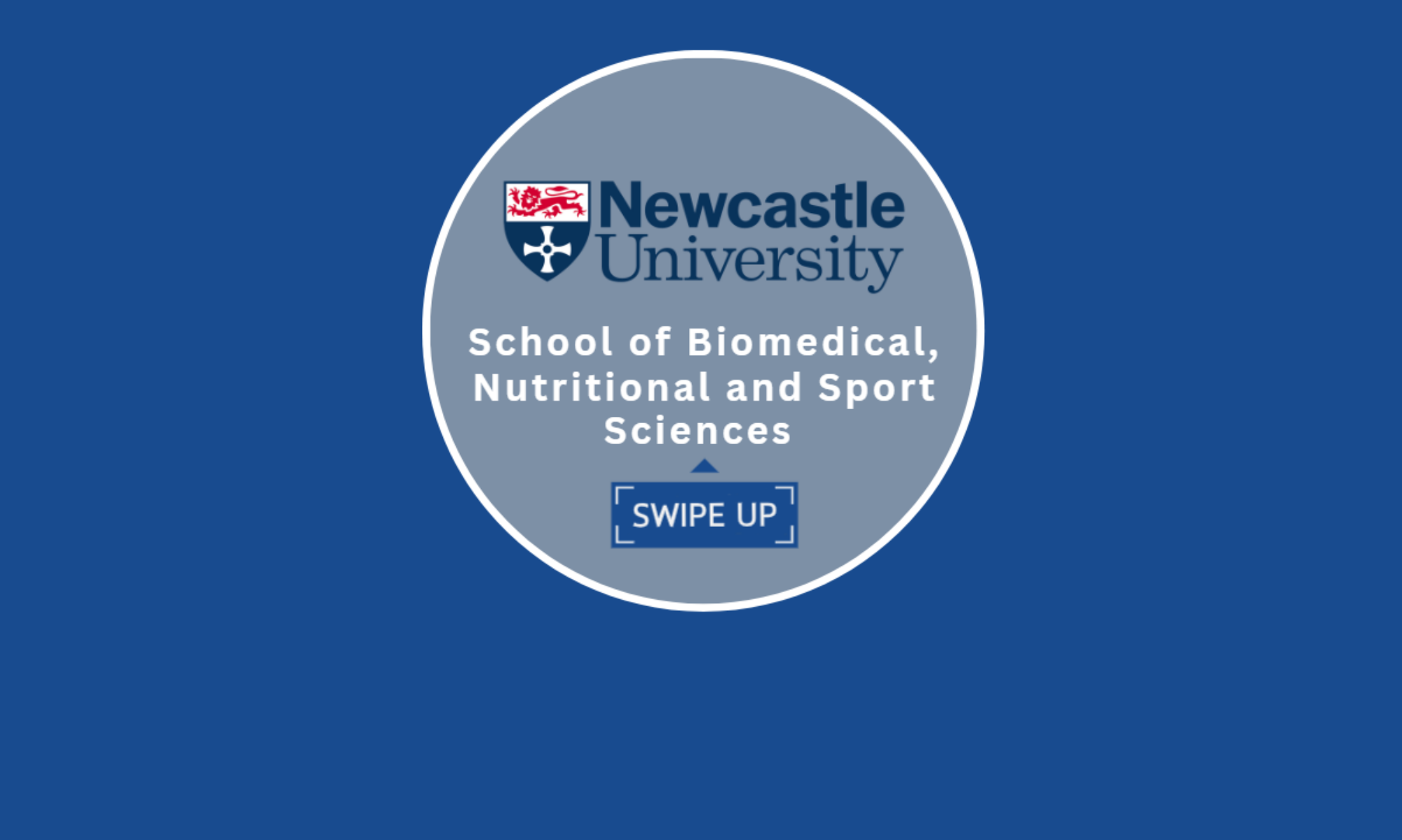By Charlotte Ripley – Food and Human Nutrition Student
A trip to Italy?! Yes please!
In June, I attended a Food and Health Summer School in Italy, mixing with students from the University of Padova and the University of Sydney.
The focus was on the effects of different food components on overall health and well-being, with topics ranging from the effect of soil on the micronutrient content of foods to the worldwide issue of obesity – so the week was specifically aimed at those with a medical or food science background. Thankfully, everything was taught in English, as even Duolingo wouldn’t have prepared me for terms such as ‘squalene’, ‘fetotoxic’ or ‘teratogenicity’.
Though the week was primarily lecture based, we visited 2 different food producers (Grandi Molini Italiani – one of Europe’s largest flour mills – and Prosciuttificio Attilio Fontana Montagnana – a family-run prosciutto factory) and got to see some of Padova’s biggest attractions (Orto Botanica, Palazzo Bo and the Museum of History and Medicine). We even had our very own gala dinner to celebrate the end of the summer school – luckily, the lectures didn’t quite put me off the free wine on the tables.

My experience of Padova
After not having heard of Padova before applying, I was pleasantly surprised when I discovered that it lies in the north-east region of Italy; just 20 minutes by train from Venice and only 1 hour from Verona, meaning I could pack some sight-seeing into my week of lectures! Padova itself has a relatively large significance in history (and that’s not just for being the birthplace of the infamous Aperol spritz in 1919), having been home to the astronomer Copernicus and Galileo, who observed the skies, in the 16th and 17th century. The university itself was established in 1222, primarily by students, and today boasts the world’s largest university botanical gardens.

The lectures
All the lectures were led by lecturers from the University of Padova and the University of Sydney, with a couple also being taught by the Food and Agriculture Organisation (FAO). There was a real variety in content ranging from obesity and how our organs interrelate; to the role of soil in nutrition and human health. The main objective for the week was to produce a 30-minute presentation, in small groups, on a variety of different food and health related topics. My group’s topic was titled ‘Food Provenance and Composition to Achieve a Balanced Diet’. Since I knew no one prior to going on this Summer School, the presentation was an excellent way to integrate everyone – to begin networking you could say.

The Industry Visits
Unlucky for us, our industry visits took place on the hottest day of the week – a rather unpleasant 41°C (and the optimism that these factories would be air conditioned wore off pretty fast). Grandi Molini Italiani is one of the largest flour mills in Europe. The visit began with an introductory presentation of the workings of this factory, including the revenue, employees and some additional information with regards to the workings of the business.
We put on the provided white overcoats and began our tour. Each step of the flour milling and production process took place in a different room across multiple buildings. It was quite insightful, having already studied the production of flour in a Food Science module during my second year as a Food and Human Nutrition student, to visualise the steps and hence consolidate my understanding.
The second visit was to a smaller scale prosciutto factory. This was called Prosciuttificio Attilio Fontana Montagnana and was a family led business that had just celebrated its 100th birthday.
The smell of ham wafted around the building enticing us in. This was an interesting process (though I can’t say it didn’t make me want to go vegetarian) involving salting of the pig’s legs, drying, removal of the excess salt and then a further drying/hanging process for a prolonged time period – this visit really made me appreciate the effort and time that’s required to produce an high quality meat product. Overall, it was a very interesting day – even despite the 8am start!

Concluding thoughts
Despite the rather long days, I really enjoyed my time in Padova. It opened my eyes to the thought of potentially studying abroad in future, whilst simultaneously meeting a lot of like-minded people. The work that the University of Padova and the University of Sydney had put in to prepare and ensure the smooth running of the week was evident and really paid off.
Find out about our food and nutrition or dietetics courses here.
This summer school will run again in 2020 and applications will open around April/May. University of Padova summer schools can be found here
Watch out for further news on our Facebook & Twitter feeds and future blog posts!
